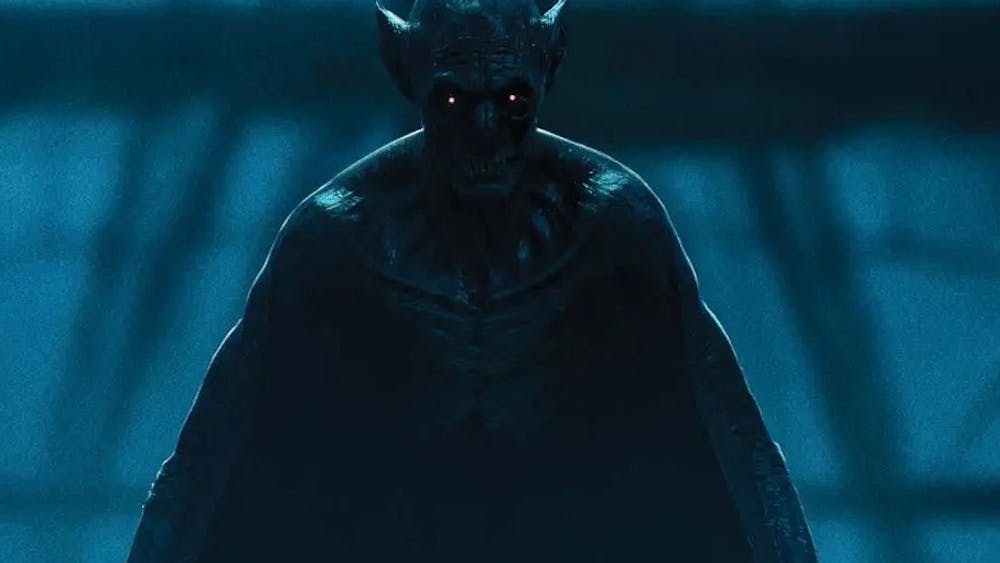The central African country of Zaire is plagued by lost opportunities, squandered resources and waste, in journalist Michela Wrong's portrayal of its history during Mobutu Sese Seko's 32-year unencumbered reign over it.\n"In Mobutu's hands, the country had become a paradigm of all that was wrong with postcolonial Africa," Wrong writes in "In the Footsteps of Mr. Kurtz: Living on the Brink of Disaster in Mobutu's Congo," (HarperCollins, 2001, $26.00). "It was a parody of a functioning state. Here, the anarchy and absurdity that simmered in so many other sub-Saharan nations were taken to their logical extreme."\nWrong's book is both a biography of Mobutu and a historical account of the damage he so ably inflicted on his people, just as had been done so well by his predecessors. In fact, Wrong seems to suggest that a long history of exploitation by the West was almost as much to blame as Mobutu.\nMobutu came to power after the Belgian Congo, as Zaire was called under the Belgians' watch, decolonized and he served revolutionary-turned-president Patrice Lumumba as his military commander. Upon Lumumba's death, Mobutu successfully consolidated power -- which was to remain unquestioned for decades, until rebels drove him from power in 1997.\nEven this transition of power was influenced by the West. Although, as the CIA station chief for Zaire tells Wrong, the CIA did plot to remove Lumumba from power via a vial of poison, he ultimately died out of the Agency's hands. Mobutu's ascension to power was supported by the United States and other Western governments, together adding over $9.3 billion in "foreign aid" to Congo from 1975 to 1997.\nBut for the decades before self-rule, on which Wrong spends considerable effort and attention for uninformed readers (say, those not members of Oprah's Book Club, which has featured Barbara Kingsolver's "The Poisonwood Bible," a novel set in the Belgian Congo during its struggle for independence), the people and land of Congo were milked for all they were worth. Originally the private property of a Belgian monarch, King Leopold II, Congo was exploited for its rubber and used to supply a new tire industry, costing the lives of as many as 10 million African workers.\nWrong sets off from the beginning of her book to paint Western colonialists in a negative light, and to set the literary world straight. Joseph Conrad's "Heart of Darkness," a novella written after his time there in the 1890s as a steamship captain, is where the "Mr. Kurtz" in Wrong's title can be found. Wrong notes that many people have come to believe Kurtz's dying words, "the horror, the horror," were regarding the savagery of the African people, some of whom in Congo at least engaged in cannibalism. She writes that Conrad was "more preoccupied with rotten Western values, the white man's inhumanity to the black man, than, as is almost always assumed today, black savagery."\nPerhaps because she's a journalist who has spent years covering Zaire for the BBC, Reuters, and The Financial Times, Wrong does a superb job at recounting events. Her book lacks a complete solution for a renewal and healing of the Congolese landscape. But that wasn't what she set out to give her readers. It seems she wanted to make us aware of our Western governments' collective betrayal of a land and people so abused by our greed and disregard for life.\nZaire is full of copper, cobalt, uranium, diamonds, rubber, and other valuable resources to the West. They are resources that could have been used to feed millions of hungry people, but instead millions died. It's time for the United States and other Western states to come together in an attempt to solve some of Africa's difficult problems. Problems the West certainly helped create.
Book details history of suffering in Zaire
Get stories like this in your inbox
Subscribe





